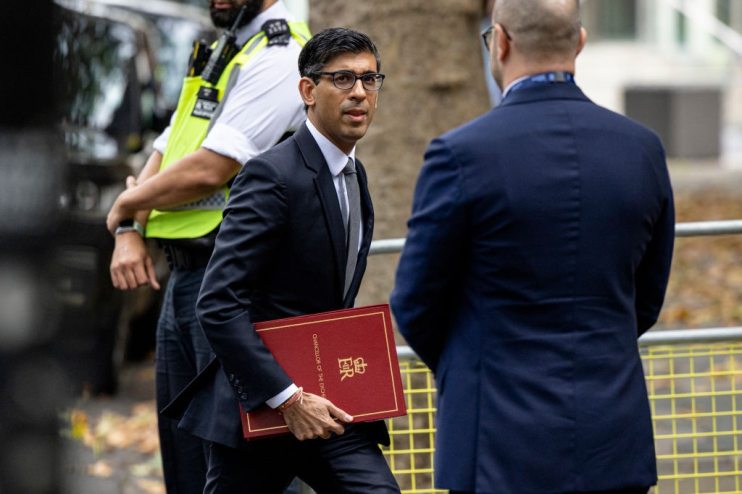Roaring inflation to shove government borrowing back to expected levels

Roaring inflation will shove government borrowing back to expected levels in the coming months.
Surging energy prices, compounded by a jump in the rate of VAT for hospitality businesses, will drive sharp price rises, swelling the government’s interest bill.
Further pressure on the public finance from higher debt servicing costs will bring “borrowing in the second half of this fiscal year” in line with the “level anticipated” by the government’s fiscal watchdog, according to Samuel Tombs, chief UK economist at Pantheon Economics.
Debt interest payments will top the Office for Budget Responsibility’s (OBR) latest forecasts by £15.5bn, prompting Chancellor Rishi Sunak to borrowing more to foot the bill.
The warning comes as data released by the Office for National Statistics (ONS) shows public sector borrowing reached £21.8bn in September, the second highest tally for the month since records began.
Although elevated, borrowing was around 16 per cent below the OBR’s March forecasts, a trend that has been largely followed in recent months due to the UK economy and tax receipts performing much better than antiticapited.
Despite Britain’s strong performance, the country’s economy is still 0.8 per cent smaller than it was before the pandemic struck.
Chancellor Rishi Sunak said: “Our recovery is well underway – with more employees on payrolls than ever before and the fastest forecast growth in the G7 this year – but the pandemic has had a huge impact on our economy and caused our debt levels to rise.”
“At the Budget and Spending Review next week I will set out how we will continue to support public services, businesses and jobs while keeping our public finances fit for the future.”
More to follow.